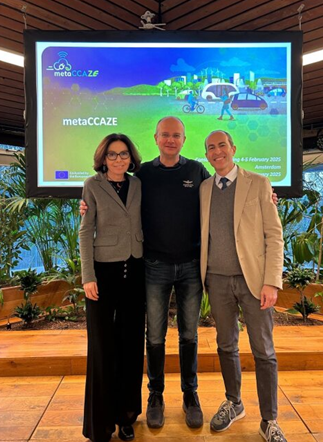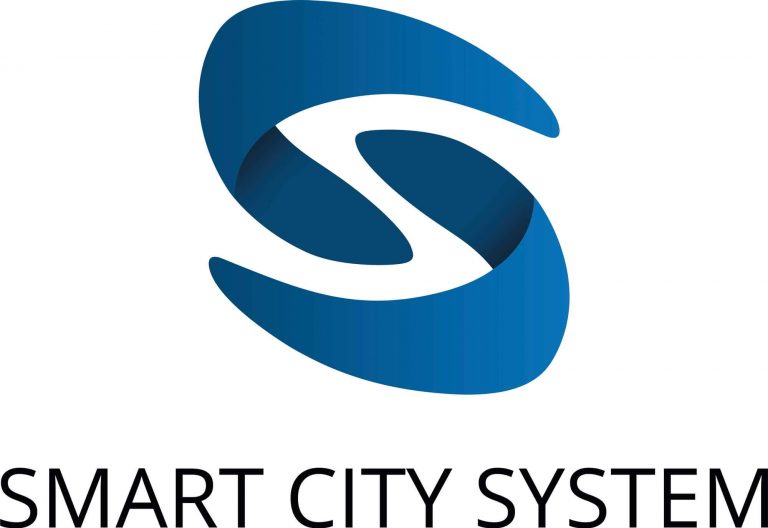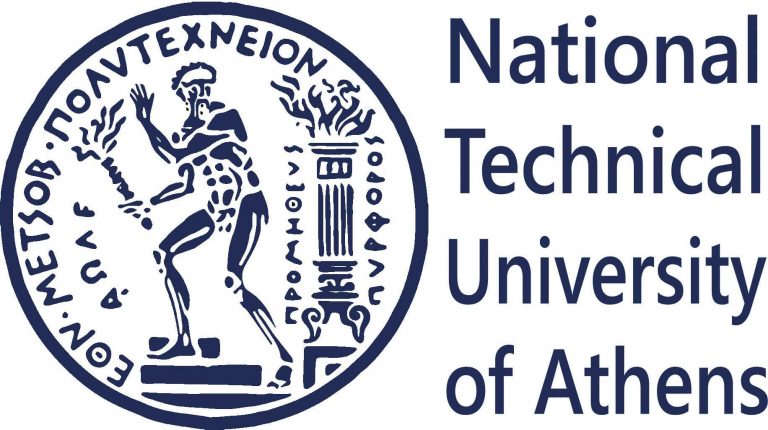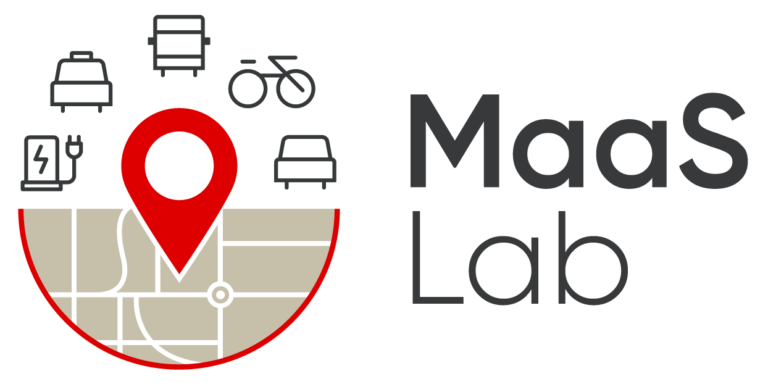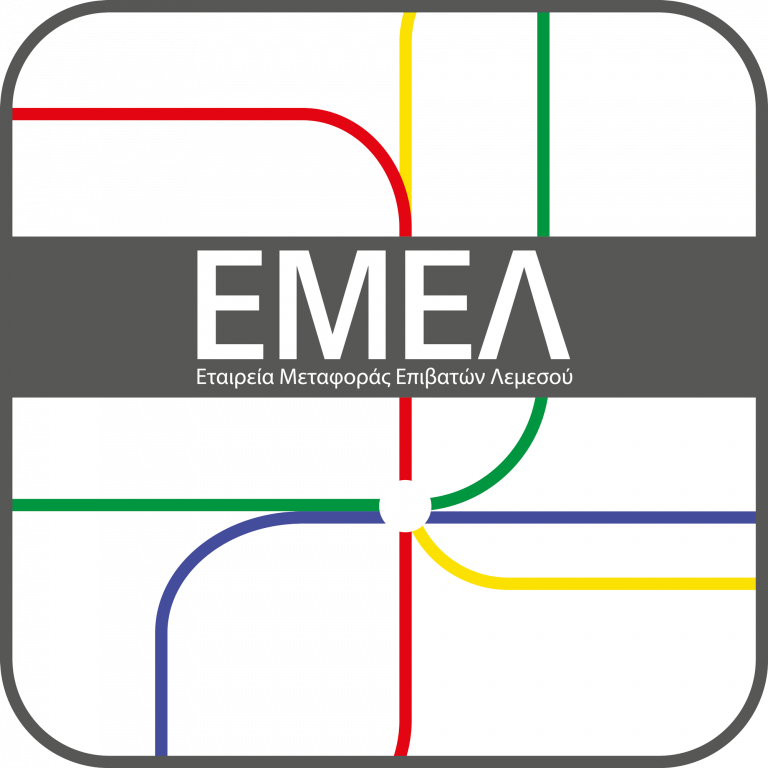As part of the metaCCAZE project, the University of Naples Federico II (UNINA), with support from project partners, has developed an innovative methodology for Cross-Fertilisation and Transferability (CF&T). This approach aims to ensure the successful development and replication of Use Cases and Business Innovation and Governance Models (BIGMs) across cities—both within and beyond the project network.
The CF&T process is rooted in best practices from academic literature and prior European initiatives, emphasising co-creation, knowledge exchange, and stakeholder engagement as key drivers of success in urban transport innovation.
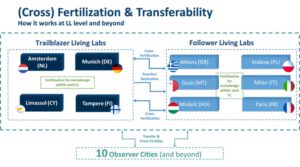
UNINA’s structured methodology ensures a gradual, iterative integration of CF&T activities throughout the life of the project:
- Phase 1: Local Innovation
CF&T activities begin at the Living Lab level, where Trailblazer cities lead metadesign activities to co-create Use Cases and Governance Models alongside local stakeholders.
- Phase 2: Knowledge Sharing
These early metadesign results then guide the replication process in Follower Cities, ensuring a tailored and effective implementation based on real-world learnings.
- Phase 3: Expansion and Adoption
An Open Call at the end of the first year welcomed ten Observer Cities, who are now actively participating in the CF&T process and preparing to launch their own metadesign efforts inspired by the metaCCAZE experience.
Highlights from Year One
- Strong Local Engagement: Each Living Lab successfully led metadesign processes to shape innovative, context-specific Use Cases.
- Metadesign Milestones: By early Year Two, Trailblazer Cities had completed their metadesign activities and entered the testing phase.
- Cross-City Collaboration: The Consortium Meeting in Amsterdam in February 2025 marked the official launch of cross-fertilization activities, with Trailblazers presenting their metadesign outcomes and hosting co-creation workshops for Followers.
Measuring Success: The Transferability Index
To evaluate the impact of the CF&T strategy, a dedicated set of Transferability Potential Assessment KPIs (TPA KPIs) has been developed. These indicators focus on the social and political feasibility of innovations and align with the project’s Standardised Impact Evaluation Framework (SIEF). An algorithm based on the TPA KPIs enables benchmarking of the metadesign implementations in Trailblazer Cities, providing a practical tool to guide future adoption.
What’s Next?
As the project continues, the CF&T framework will further evolve—empowering more cities to co-create, test, and scale up sustainable urban solutions through the metadesign approach at the heart of metaCCAZE.
Stay tuned as we celebrate new milestones and the growing impact of cross-fertilisation on urban transformation.
About the University of Naples Federico II (UNINA)
Founded in 1224, the University of Naples Federico II (UNINA) is the oldest secular university in the world and one of the largest in Europe with 90,000 students (2022). UNINA has 26 different faculties, from engineering to architecture, from medicine to law, from humanities to biology. The Department of Civil Engineering has been recognised as a Department of Excellence for the quality of its research.
Within the metaCCAZE project, UNINA has developed a methodology for Cross-Fertilisation and Transferability (CF&T) which facilitate communication and knowledge sharing from the Trailblazer Cities to the Follower Cities, as well as for the cross-fertilisation beyond the project.
UNINA also supports AMAT (an in-house company of the Municipality of Milan) in the pilot demonstration of an on-demand ride-sharing service operated by modular semi-automated pods. UNINA will carry out the simulation studies and the evaluation of the impact and scalability of the service.
Authors:
- Alessandra Antonella Improta, senior project manager in the Funded Research Office at the School of Human and Social Science of University Federico II.
- Andrea Papola, full professor at the Dept of Civil, Architectural and Environmental Engineering of University Federico II.
- Vincenzo Punzo, full professor at the Dept of Civil, Architectural and Environmental Engineering of University Federico II.
